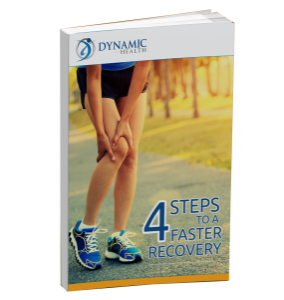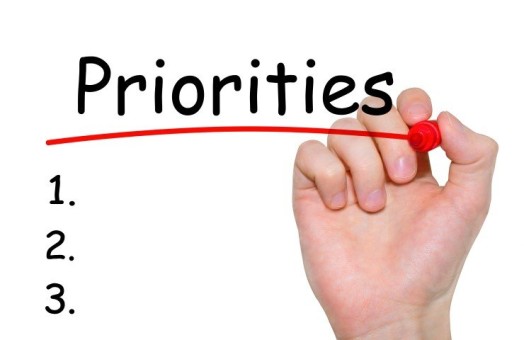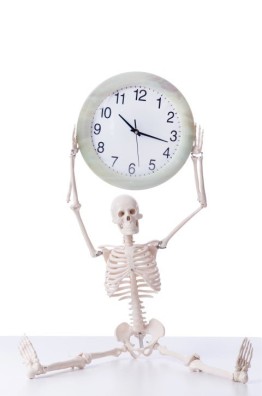Sleep Guide
Sleep is a hugely important, but often neglected, component of health. It also plays key a role in pain and recovery from injury.
If you would like to learn more about sleep’s effect on pain and recovery download the 4 Steps to a faster
recovery eBook:

Today, we are going to talk about what you can do to improve your sleep. If you are not getting 7-9 hours of quality sleep each night or
don’t feel refreshed when you wake, follow this step by step sleep guide:
1) Make Sleep a Priority

Although other measures can be taken to improve sleep quality, not getting 7-9 hours of sleep per night will compromise any other attempt to
do so. If you do not regularly get 7-9 hours make this your priority.
This is something you will have to make time for- set yourself a bedtime and stick to it. If you cannot get 7-9 hours of sleep per night
(pain / kids / shift work etc.) try the best you can to make up your sleep debt with naps during the day.
2) Control Your Light Exposure

Light is the primary determinant of our sleep-wake cycle. It therefore makes sense that controlling your light exposure is one of the most
powerful things you can do to help improve your sleep.
-
Avoid the use of computers/ tablets/ phones/ TV within two hours of bed as these are a big source of blue light which suppresses production
of melatonin (a key sleep hormone), which impairs sleep.
- Get f.lux (or similar) for your computer/ android devices.
- Dim lights 2-3 hours before going to bed and use a 15 watt bulb when reading before going to sleep.
-
Get out into bright light as soon as you rise. Or you can even wake up to light with a light alarm clock, like the Lumie Bodyclock Starter
from Amazon.
3) Bedroom Environment

-
Cover/ remove anything that emits light from your bedroom; alarm clocks, TV standby light etc. – Again, this light will suppresses melatonin
production.
- Install blackout curtains to make your room as dark as possible.
- Wearing a face mask is another alternative to help block out any light.
- If there’s a lot of noise outside use ear plugs and/or a white noise machine.
4) Exercise

-
Get plenty of exercise during the day. Physical activity has been shown to improve sleep, whilst too much sedentary time/sitting has been
shown to decrease the quality and duration of sleep.
- For more information on movement and exercise click here.
5) Cutback the Coffee

-
If you’re having trouble sleeping one of first things to do is to stop all caffeine intake for 30 days, and see how you do. Although if you
are a big coffee drinker you may have to taper back more slowly.
-
If eliminating coffee for 30 days is too much of an ask, at least limit it (2 cups per day) and stop drinking before 2.00pm to allow time
for the caffeine to get out of your system before bed.
- Watch for hidden sources of caffeine such as in some pain relievers and chocolate.
- Nicotine is also a stimulant that can impair sleep – so there is another good reason to quit smoking!
- Although alcohol creates a sedative effect immediately upon consumption, it can disrupt sleep while it’s being processed.
6) Set your Body Clock

-
Try go to bed and get up at the same times most days – this routine will help get your brain and your body into a healthy sleep-wake cycle.
If these tips don’t have you drifting off to sleep you need to have your sleep problems investigated further. Sleep is too important for
your health not to.
[mashshare]
This page was written by Steffen Toates. Steffen is a chiropractor at Dynamic Health Chiropractic in Jersey,
Channel Islands. For more information about Steffen click here.







Leave a Comment